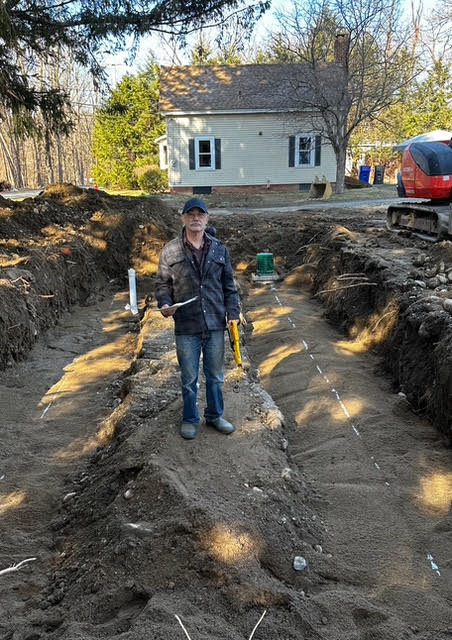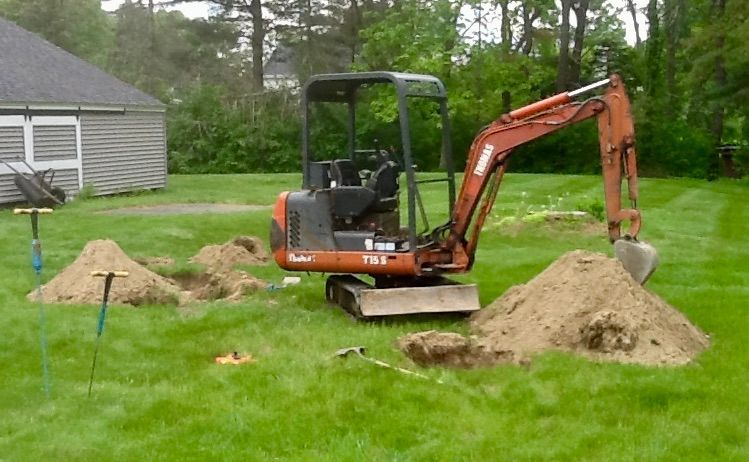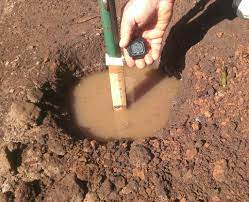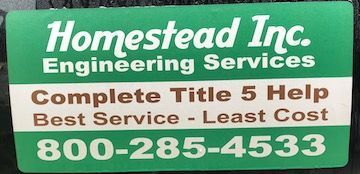A Complete Guide on Title 5 septic systems in Massachusetts
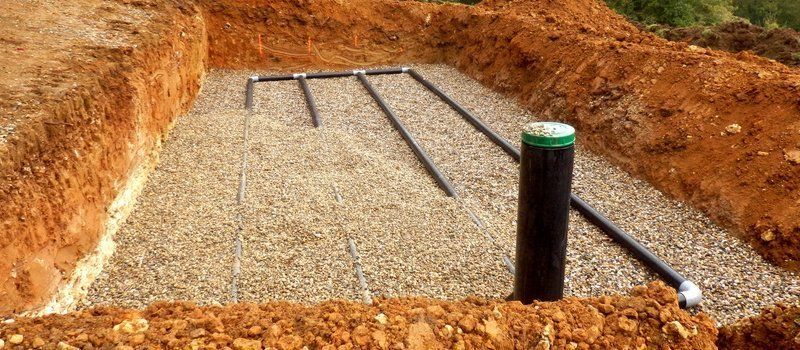
If you live in Massachusetts and have a home with an on-site sewage system, often known as a septic system, you've almost certainly heard of a Title 5 Inspection. To maintain a functional septic system in your home, Title 5 inspection plays a crucial role. However, many people are not adequately aware of the process. So, this blog will teach you all about licensed Title 5 inspectors in Massachusetts, including what to expect and how to handle the results.
About Title 5 Septic System
Every stage of the process for home septic systems, including design, building, expansion, inspection, and installation, is regulated by the State Environmental Code. The Title 5 code is handled locally by the Board of Health in each city and town in Massachusetts. A Title 5 inspection is a certification from a licensed inspector confirming your septic system is operating properly at the time of the inspection. The Title 5 septic system inspection in Massachusetts aims to ensure that a house buyer does not inherit a faulty or dangerous septic system.
What is the goal of a Title 5 inspection?
A Title 5 Inspection ensures that your septic system is in good working order, that it has been appropriately pumped and maintained, and that there are no problems with its construction or use. Every time you sell your house, you must have a Title 5 Inspection performed on your septic system. For certain types of renovations or remodeling work, a Title 5 Inspection is also necessary.
Why do you need a Title 5 certification?
If you're selling a home in Massachusetts with a septic system, you'll need a Title 5 certification for the septic system, less than 2-years old. It double-checks that your septic system is operational and safe and that you aren't dumping a severe septic problem on potential homebuyers. The septic system will be inspected, including the septic tank, distribution box, and leach field or even a cesspool. During this process, your drain field will be examined as well. The inspector will look for all of your system's components and look for indicators of hydraulic failure.
How do you go through a Title 5 inspection?
The inspection for the Title 5 septic system in Massachusetts is comprehensive. It's a procedure that involves inspecting every component of your septic system to ensure that everything is in functioning order and that there are no failure indicators. What we do is this:
● Make sure your cesspool, leach field, distribution box, and tank are all working well.
● Ensure that your tank is functioning.
● Perform a full-system check as directed by the Massachusetts Department of Environmental Protection.
Final Words
So, this is all about Title 5 inspection that homeowners should consider for their septic system. If you are looking for a good septic system service and well water testing in Massachusetts, reach Homestead Inc. which offers affordable services by professional staff.
